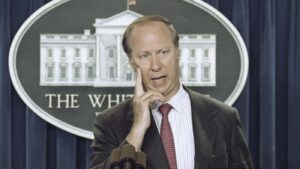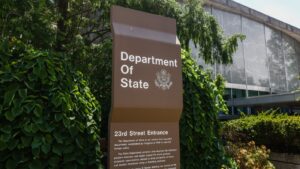The sudden resignation of the University of Virginia’s president has sparked discussions about political influence on public higher education. The departure comes amidst mounting tension between university governance and federal mandates.
LEILA FADEL, HOST:
The president of the University of Virginia, James Ryan, has stepped down due to political pressure from the Trump administration. His resignation follows a Justice Department probe into the university’s compliance with President Trump’s directive to terminate diversity, equity, and inclusion initiatives. Ryan expressed in his resignation letter that continuing his fight could risk jobs, research funding, and financial aid, or even result in students losing visas. The New York Times indicated that the Justice Department’s demands for Ryan’s resignation were a strategy to conclude the investigation. What implications does this have for the future?
To delve into this, we have Brendan Cantwell, a higher education professor at Michigan State University. Good morning, Brendan.
BRENDAN CANTWELL: Good morning, thank you for having me.
FADEL: Brendan, how significant is it for a public university president to resign under such pressure?
CANTWELL: It’s an unprecedented event. It signifies that the administration is asserting its influence over university governance nationwide, bypassing established procedures that ensure universities comply with state laws and serve public interests, all to fulfill political objectives.
FADEL: Ryan stated he wanted to resist but couldn’t justify, quote, “a unilateral decision to fight the federal government in order to save my own job.” Did Ryan concede, or is his resignation beneficial for the university?
CANTWELL: It’s difficult to say definitively. It seems he lacked robust support from the Board of Visitors, the university’s governing body, whose majority were appointed by Virginia Governor Glenn Youngkin, a Trump ally. Ryan’s resignation appears to be an attempt to protect the university from potential federal actions, such as withholding research grants or visa capabilities, though the authority to do so is debatable and could face legal challenges. Ultimately, it seems the Board, aligned with the administration, opted not to support Ryan in this conflict.
FADEL: What does this signify for other public universities? Could this scenario arise in other states?
CANTWELL: This situation serves as a cautionary tale for university leaders, indicating that the Department of Justice can exert significant pressure on institutional governance. A climate of apprehension now exists in higher education. The University of Virginia’s prominence and historical significance, including the 2017 Unite the Right rally, made it a prime target. The administration’s success in pressuring UVA sets a precedent, potentially emboldening similar actions against other universities, such as the University of California, which may offer more resistance.
FADEL: That was Brendan Cantwell from Michigan State University. Thank you, Brendan.
CANTWELL: Thank you very much. Bye-bye.
Accuracy and availability of NPR transcripts may vary. Transcript text may be revised to correct errors or match updates to audio. Audio on npr.org may be edited after its original broadcast or publication. The authoritative record of NPR’s programming is the audio record.





